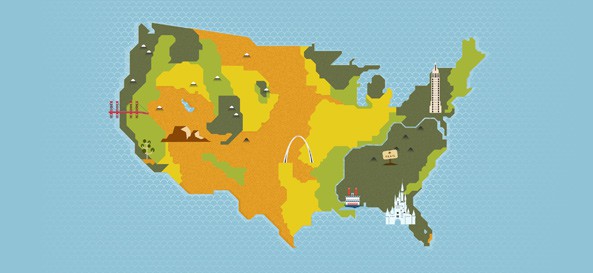
After a factory collapse in Bangladesh killed more than 1,100 garment workers making clothes bound for the U.S. in April 2013, the world’s second largest clothing retailer decided something had to change.
H&M announced that in addition to committing to enforcing factory safety standards among its distributors, it’s their mission to ensure that by 2018, all of its 850,000 international workers will receive a “living wage” for their work.
But for H&M, a pioneer in making fashionable clothes at cheap prices, the commitment also means making changes to how they do business in developed nations. In an almost unheard of move, the company said paying overseas factory workers was such a priority, they will be raising prices in their stores to make their products more sustainable.
Here’s a look at other fashion companies that are changing the way we buy clothes for good:
###Everlane
The maker of high-quality casual wear visits each factory where their clothes are made to ensure ethical conditions and provides a map on their website with pictures and information on each location. They also tell customers how much their clothes actually cost to make—and how much they’re marked up—to help people make informed fashion purchases.
###Patagonia
Along with publishing their factory list, the clothing maker recently became the first national apparel retailer to sell Fair Trade certified clothing, meaning that customers are now able to purchase parkas, pullovers and pants with third-party confirmation they were made in ethical factories at a fair wage.
###Warby Parker
The eyeglass maker partners with nonprofits to give funding or a pair of glasses for every pair sold. Also, they are one of few carbonneutral eyewear brands in the world, which means they keep track of their emissions and actively work to reduce their environmental impact.
Plus, their home try-on program is very user-friendly.
###Nordstrom
The high-end department store’s partnership guidelines prohibit international suppliers from using child workers, conflict minerals, below minimum-wage salaries or dangerous work environments. And through their “The Me to We Artisans” project, they sell handcrafted goods from villages around the world, helping artisans in remote areas earn sustainable incomes.





















